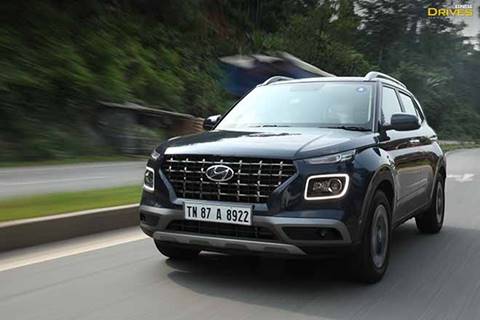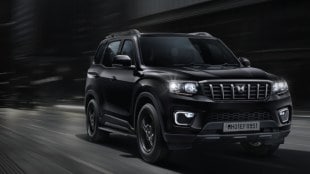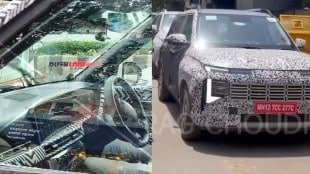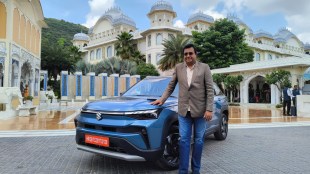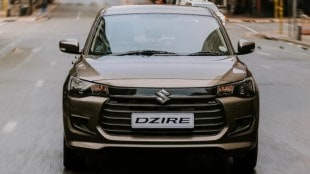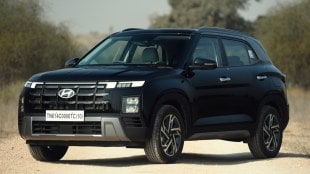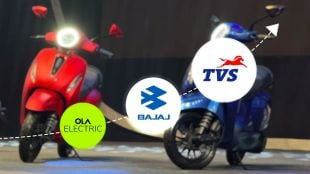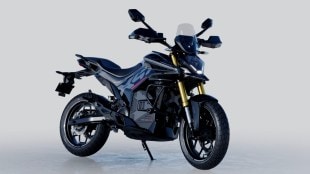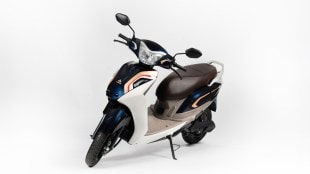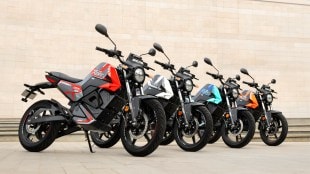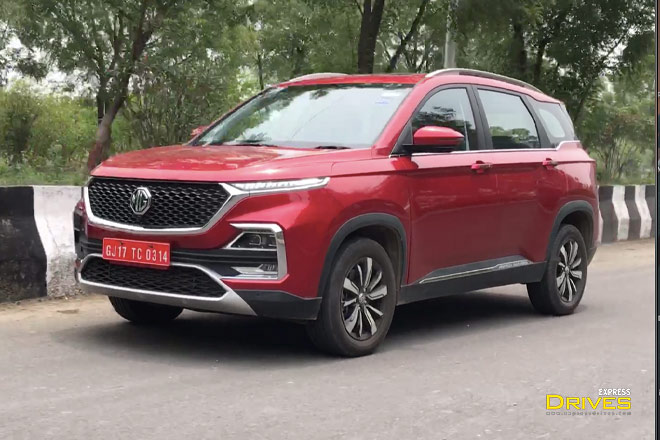
Connected cars are the in-thing in India today. Whether you like it or not, they are still going to be available with cars in the future. For example, I personally am not a fan of these technologies. The usual Bluetooth, Apple Carplay as well as Android Auto work fine for me. However, it is heartening to know that a manufacturer has got your back. For example, in an emergency situation like a crash, the vehicle sensors will relay the information to the manufacturer. This will help the affected person to get timely aid and thereby save lives too. You can also remote start the car or switch on the airconditioning. However, these services require a data connection and it definitely isn’t your cellphone that is the only hub. Instead, the vehicles come embedded with a simcard. These sound very similar to the ones we use on our mobile phones but then they are different. They are not the usual plastic ones but instead are shock proof as well as fire resistant to a certain degree. Damage to them will be very rare. If at all that happens, the manufacturer will get it replaced. There though is a certain charge associated with using the SIM and it is either bundled with the car’s price (like Hector) or the user pays a yearly/monthly subscription fees.
All this sounds good. However, just like Alexa, there is a lot of data that is accumulated and the e-SIM is always actively listening to you. So, whom does all this data go to? Obviously the manufacturer, you will say. That’s logical, I say. However there is another angle to it. The data collected from a connected car is stored with the e-SIM provider. It could be Vodafone, Airtel or even someone else. Express Drives happened to have a quick chat with the Deepak Pande, executive VP and head SME Vodafone on this. Deepak explained that the data accumulated is usually sent to the manufacturer. However, it is also sold to third party dealers like insurance companies. The latter might use this data to study a customer profile and thereaby assess the risk factor. If a customer is driving rashly or in a sane fashion, obeys rules, how many times he/she is challaned and so on. This, in turn will help decide the premium amount – whether to lower or raise it.
Not only this, one connected car sends out 4 terrabytes of information daily. This helps companies to profile a customer. In the future, luxury car companies that have an elite client list might use the information to asses if a customer is indeed worthy or not. However, this information is not used to only get personal information but it also provides vital data about the car in question. Deepak says that a Volvo-Eicher truck has around 250 sensors on it. This helps a fleet manager keep track of the truck as well as know important details including the health of the vehicle. Even Mahindra tractors as well as those from Escorts use these e-SIMs. For the latter, there is also the voice assistance provided. If a farmer is stuck or in distress, the system automatically notifies the helpline. They can talk to the farmer and try and get him out of the situation. However, if it can’t then it will direct him to the nearest service station.
Deepak though says that connected cars in the future will definitely be easier to be plugged into autonomy. At the moment, there isn’t enough information available because there simply aren’t enough connected cars or ones that have e-SIMs. Most of them, Deepak says, are priced above Rs 10 lakh and hence have fewer takers. In the same vein, Vodafone is the predominant player here as it covers more than 95 per cent of the market. At the moment, the Hector is the only one that doesn’t use a Vodafone SIM.
How secure is the data then? More often than not, there are third party players like Secure Things, a Pune-based start-up that ensure that the data remains encrypted. We happened to have a quick chat with one of the founders and they confirmed that many OEMs are their clients and data encyption is one of the main solutions they provide. How this works, is a story for another day. Keep watching this space.
